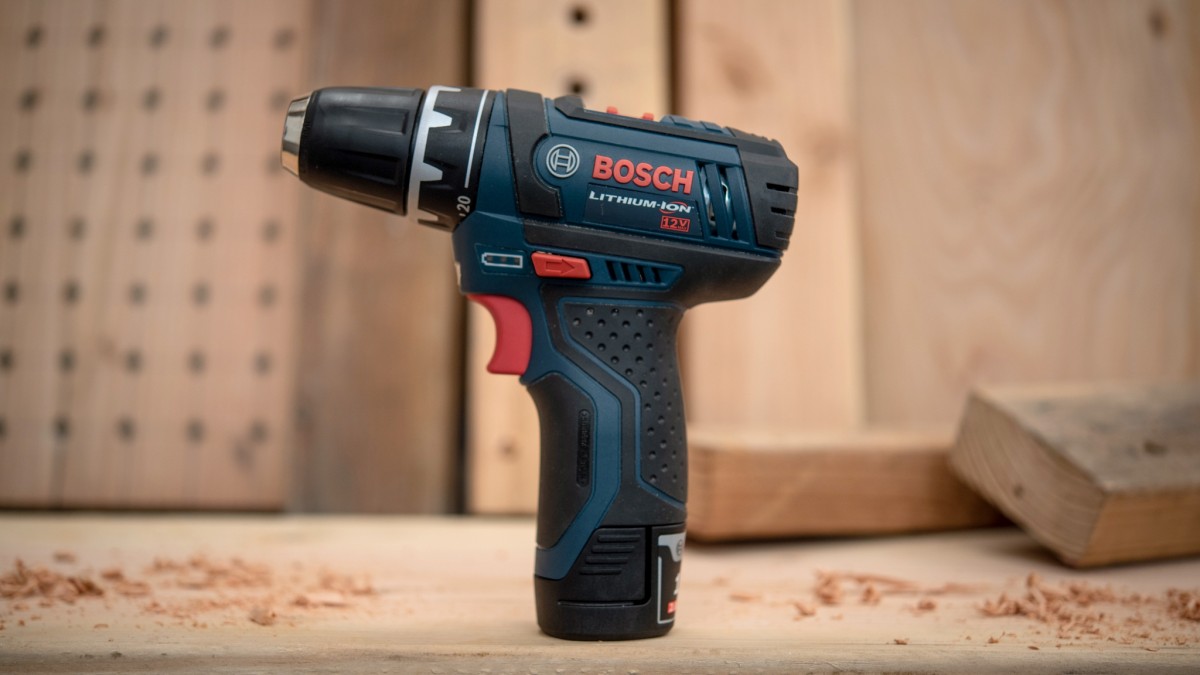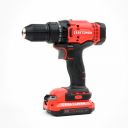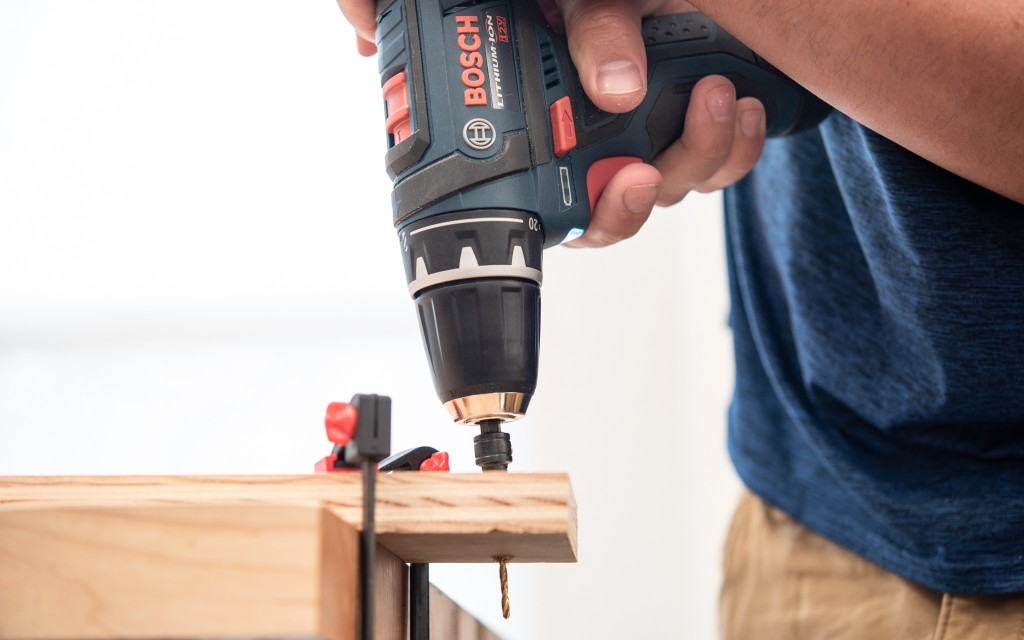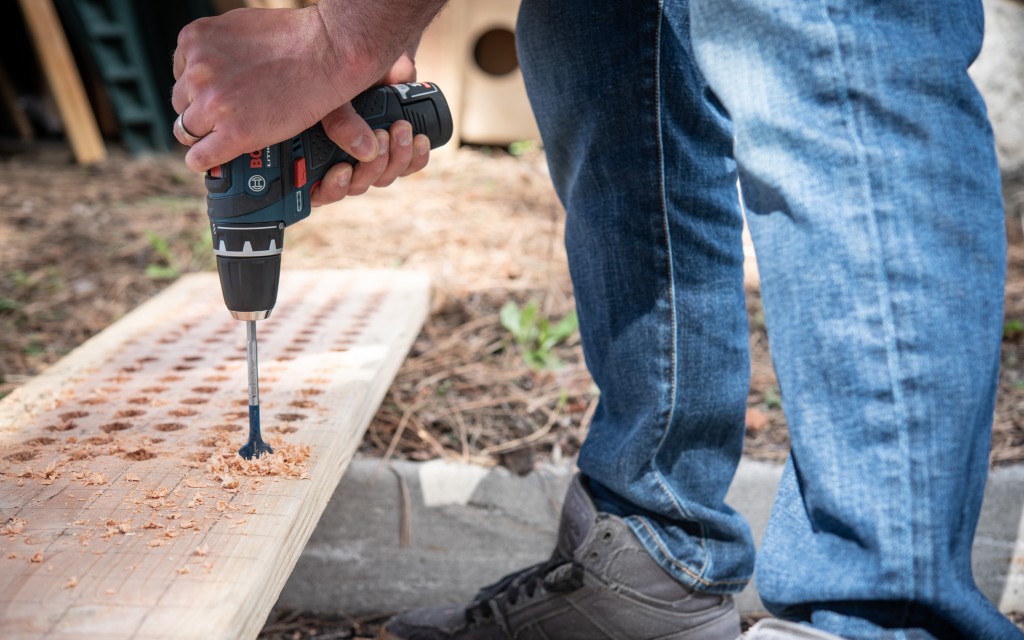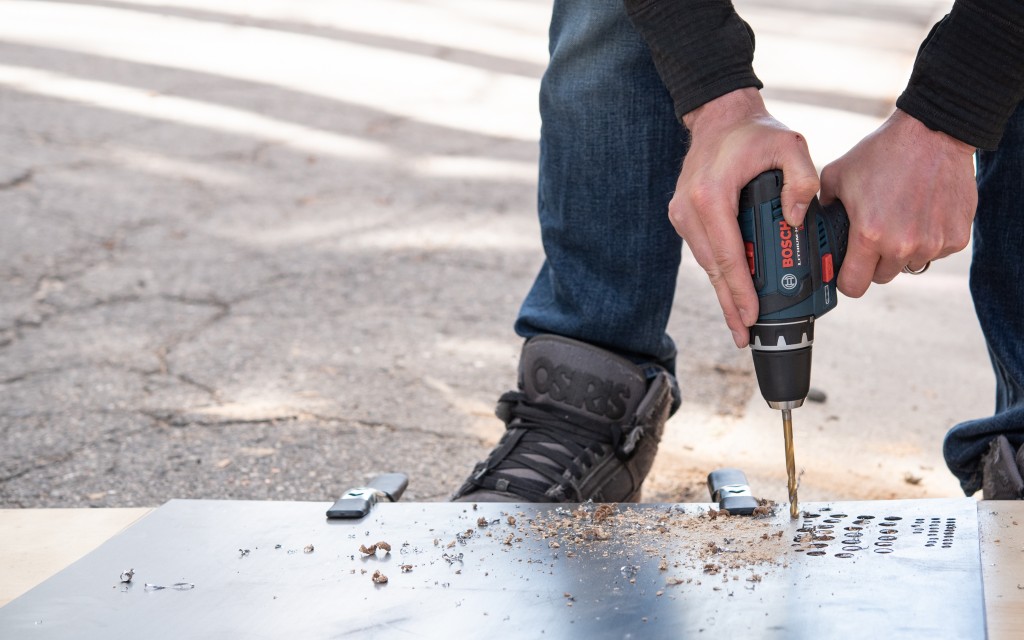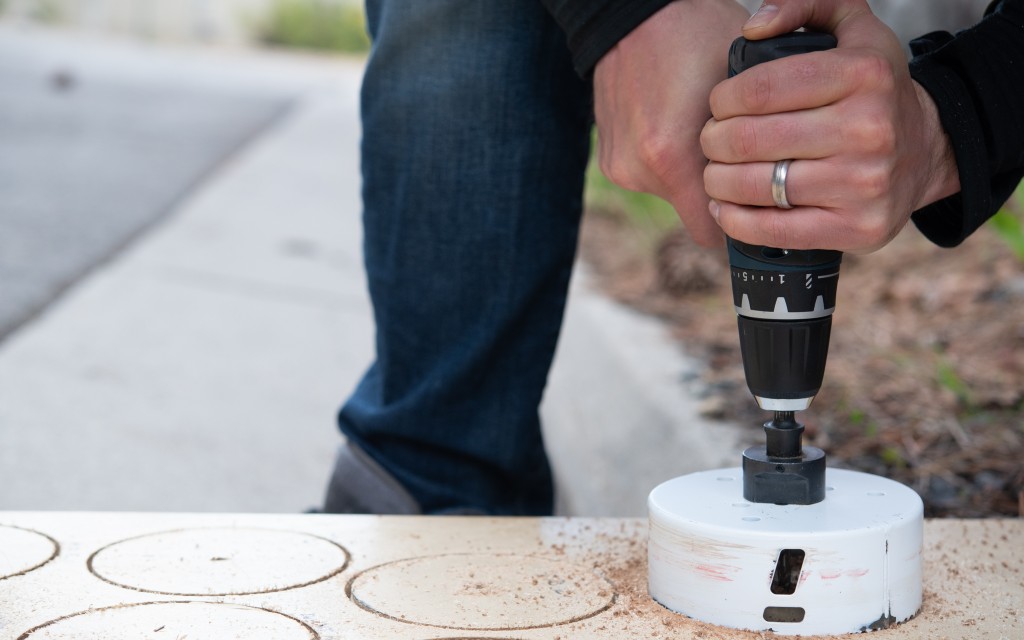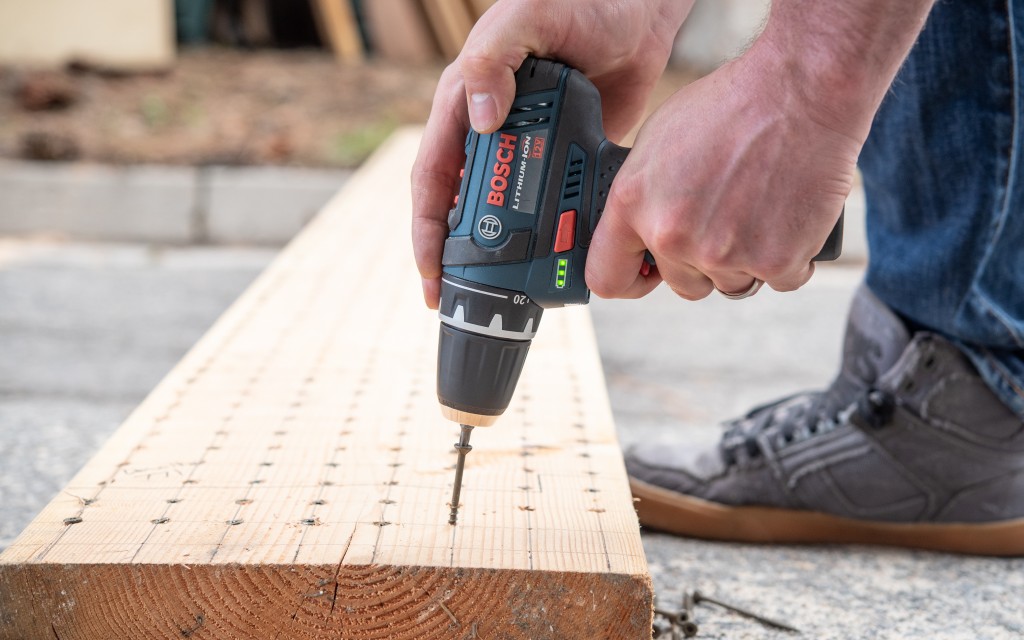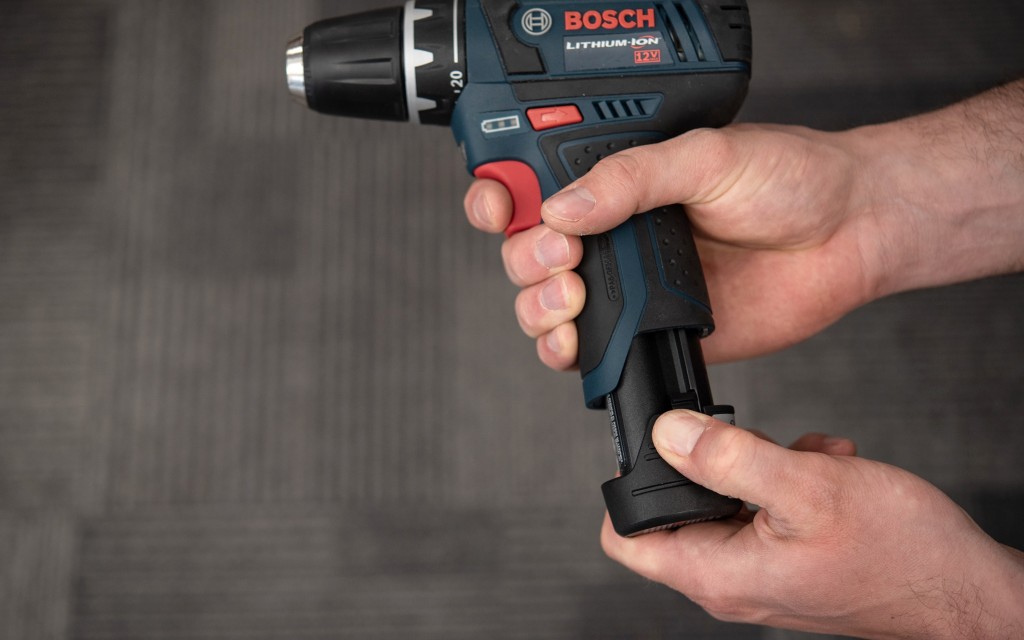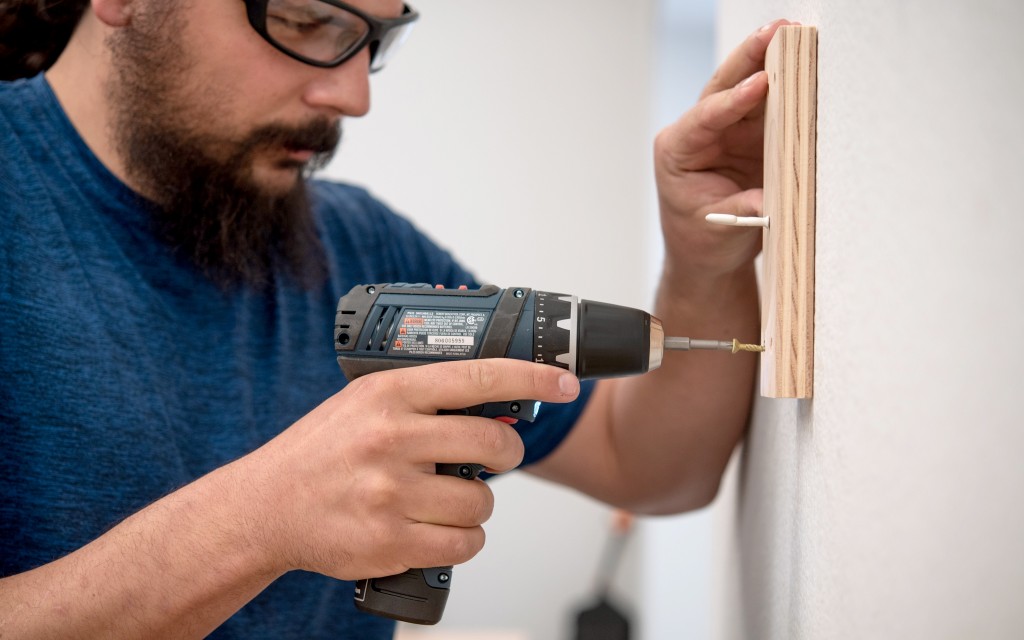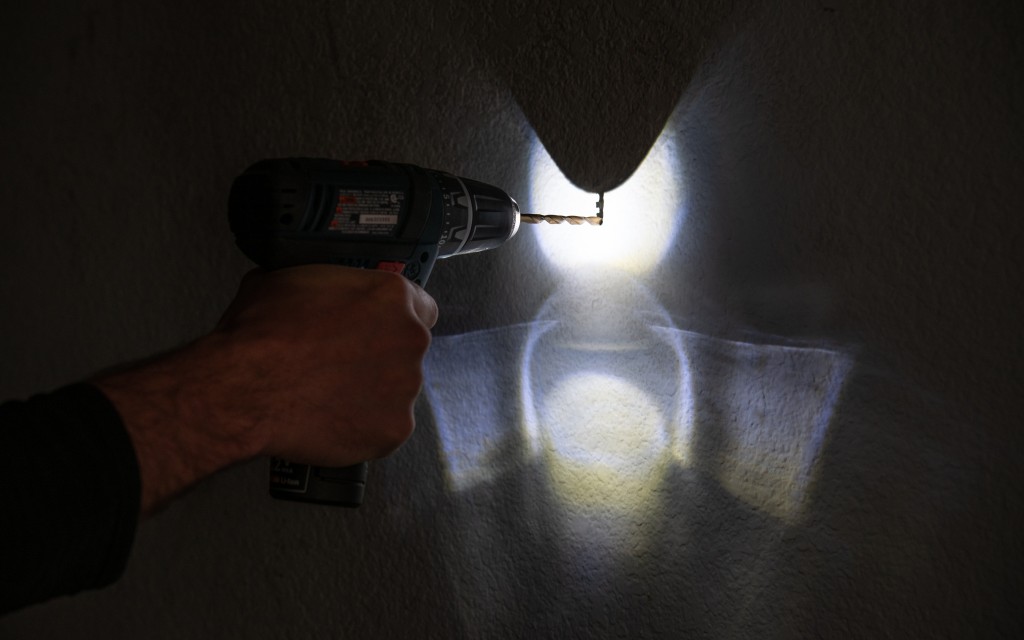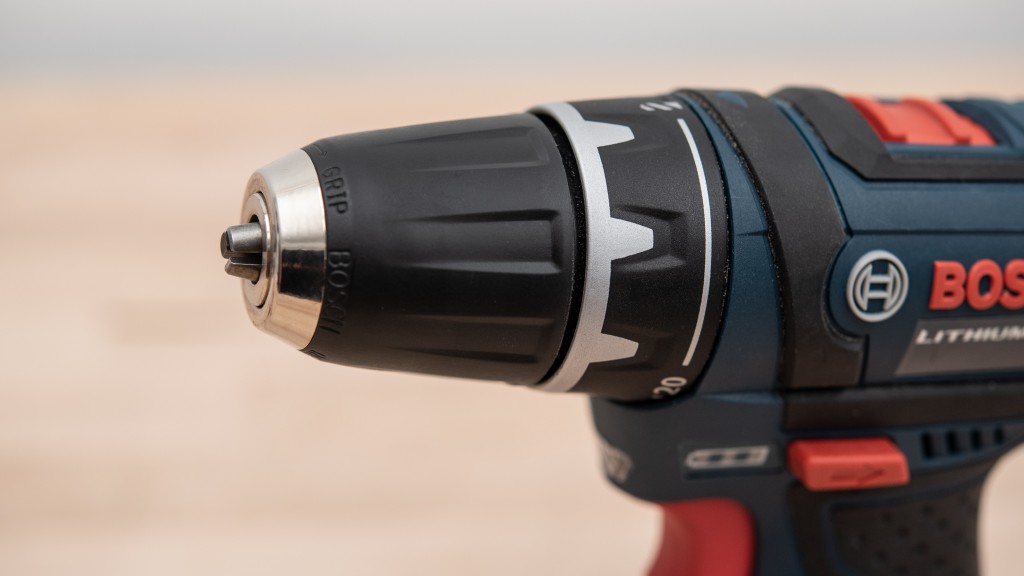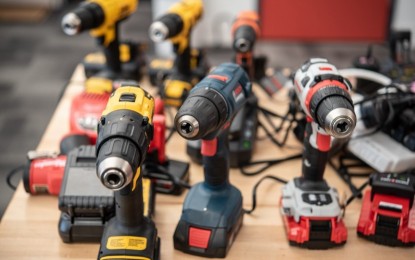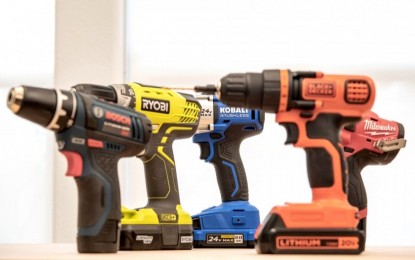Our Verdict
Compare to Similar Products
 This Product
Bosch 12V Max Drill/Driver Kit PS31-2A | |||||
|---|---|---|---|---|---|
| Awards | |||||
| Price | $130 List $99.00 at Amazon | $99 List $94.90 at Amazon | $99 List $60.99 at Amazon | $79 List $69.00 at Amazon | $70 List $57.83 at Amazon |
Overall Score  |
|||||
| Star Rating | |||||
| Bottom Line | Our favorite compact 12-volt drill when considering overall performance and price | Battery life and solid performance make this a good choice for average homeowner tasks | This model performs well across the board, and is especially worth the purchase if you already own the battery and charger | A great budget drill for a homeowners or DIYer and has more than enough power for moderate to light-duty tasks | This drill isn't great, but can speed up driving screws through prefabricated furniture at a low price |
| Rating Categories | Bosch 12V Max Drill... | Bosch 18V Compact B... | Ryobi ONE+ HP 18V B... | Craftsman V20 1/2-I... | Black+Decker 20V Ma... |
| Drilling (35%) | |||||
| Driving (35%) | |||||
| Battery Life (20%) | |||||
| Convenience (10%) | |||||
| Specs | Bosch 12V Max Drill... | Bosch 18V Compact B... | Ryobi ONE+ HP 18V B... | Craftsman V20 1/2-I... | Black+Decker 20V Ma... |
| Included Battery Pack(s) | 2.0 Ah | 2.0 Ah | 2.0 Ah | 1.3 Ah | 1.5 Ah |
| Battery Voltage | 12V | 18V | 18V | 20V | 20V |
| Max Chuck | 3/8" | 1/2" | 1/2" | 1/2" | 3/8" |
| Battery Chemistry | Lithium-Ion | Lithium-Ion | Lithium-Ion | Lithium-Ion | Lithium-Ion |
| Drill Model Tested | PS31 | GSR18V-400 | PBLDD01 | CMCD700 | LDX120C |
| Box Model (Kit) Tested | PS31-2A | GSR18V-400B12 | PBLDD01K | CMCD700C1 | LDX120C |
| Manufacturer Stated RPM | Low: 0 - 350 High: 0 -1300 |
Low: 0 - 500 High: 0 - 1900 |
Low: 0 - 500 High: 0 - 2100 |
Low: 0 - 450 High: 0 - 1500 |
0 - 650 |
| Manufacturer Peak Torque | 256 in-lbs | 400 in-lbs | 750 in-lbs | 280 UWO | Not Listed |
| Measured Length | 6-5/8" | 6-1/4" | 7-3/16" | 8-1/4" | 7" |
| Measured Weight | 2.17 lb | 2.80 lb | 3.77 lb | 3.44 lb | 2.68 lb |
| Measured Charge Time | 85 min | 63 min | 63 min | 58 min | 210 min |
| Battery Indicator Location | Drill | Battery | Battery | Battery | N/A |
| LED Location | Above the trigger | Above the battery | Above the battery | Above the trigger | Above the trigger |
| Included Belt Clip | No | Yes | No | No | No |
Our Analysis and Test Results
Performance Comparison
Drilling
As you would expect, the drilling performance of each cordless drill is responsible for a large portion of the total score, accounting for 35% of the final tally for each tool. We looked at how the Bosch 12V Max did at drilling holes with a regular drill bit, a spade paddle bit, and a massive hole saw. The Bosch did a little above average while also besting a few 20-volt models.
The 12V Max did about average at drilling holes in a 2x12 with a 1" paddle bit. You could tell that it was weaker than the higher voltage tools, but it usually made it through without too much of a struggle or severely stalling. However, you could also tell the drill was starting to heat up significantly if you started drilling another hole right after, dropping its score slightly.
The Bosch had a much easier time with some standard twist drills, even though we were drilling through a 16 gauge steel sheet. It took about 2.4 seconds for the Bosch to drill through the sheet with a ¼" drill, powering through the metal without too much fuss and only showing the slightest sign of a struggle. It took a bit longer to make it through with a ½" drill — around 8-10 seconds --. You could tell that the drill was struggling a bit. It almost made it the entire way through in its high gear, but we did have to downshift right at the end to make it through.
For our final drilling test in this metric, a 5" hole saw, we were pleasantly surprised with the Bosch 12V Maxperformance. It wasn't the fastest or the best by any means, but it didn't really struggle at all with this difficult drilling test.
It made it to the full depth of the hole saw in a solid core door in a little over a minute — significantly slower than the 20-30 seconds of the best drills --, but it didn't seem like it was going to overheat.
Driving
Equivalent to our drilling metric, our driving metric is responsible for 35% of each cordless drill's overall score. We tested out the Bosch's screw driving capabilities with some smaller wood screws and a massive lag bolt, noting how easily it drove in the screw and if it could properly set the countersunk head without too much difficulty. The 12V Max did about average.
The Bosch did a good, not great, job at driving in the countersunk wood screws into a pair of stacked 2x12s. It does fine most of the time but tends to stop and stall anytime the resistance increase — like if you hit a knot. It has the power to drive the screw heads flush, but we could feel the drill starting to overheat after driving in 16 screws in rapid succession.
Unfortunately, the Bosch 12V Max did not do very well in our lag screw test. We tasked each drill with driving a 0.5" diameter lag screw that is 5" long through a 2x4 into a 4x4. This little 12-volt drill lacked the power to complete the task, completely stalling out with a little more than an inch left to go, and no amount of coaxing would get the drill to drive the screw any deeper.
Battery Life
Worth 20% of the total score, a trio of tests make up our battery metric. We looked at the battery life of the Bosch 12V Max, as well as the time it takes to recharge a battery. Overall, it was a little disappointing.
To assess the battery life of each drill side-by-side, we kept cycling between driving in 16 wood screws and drilling three 1" holes, awarding points on the number of times they could do this before dying. The 2 Ah battery of the Bosch only made it through 3.5 sets of this before dying — much less than the 8-10 sets the top drills managed before dying.
We were also a little disappointed that this drill didn't charge particularly fast, taking 85 minutes to recharge a totally dead battery completely.
Convenience
Finally, we compared and scored all the different features and capabilities that these tools have to make them easier and more user-friendly to operate. This accounts for the remaining 10% of the final score, with the Bosch PS31-2A finishing out with a decent performance.
This drill has a built-in battery meter and an LED work light. We found the battery meter to be quite handy, letting you keep track of the charge so you can make sure the extra battery is fully charged or charging when you start to run low. The integrated light is decent, but it isn't as bright as some other models, so you may want to consider bringing some supplemental light if you are working in a really dark location.
This tool has two operating speed ranges, and the chuck can hold bits with up to a ⅜" shank. It is also one of the smallest and lightest drills, weighing in at a little more than two pounds. We love how well this model fits into tight spaces that larger drills can't reach.
However, the battery can be a little more difficult to swap than some of the other models, with the locking tabs occasionally binding up a bit. We also wished that it had a belt clip — invaluable when working on a ladder — but you can always buy a third-party holster to make up for this.
Should You Buy the Bosch PS31-2A?
If you want a lightweight and portable drill to tackle most home improvement projects, we would recommend the Bosch PS31-2A. It is a fantastic addition to any DIYer's arsenal, with the ability to tackle the vast majority of drilling and driving tasks. It might not have the power to match the professional-grade tools, but it also costs a lot less. Among the 12-volt models we tested, it's just behind the best performance, but we think it offers the best value among drills of its voltage.
What Other Drill Should You Consider?
If you have a little more room in the budget, the Milwaukee M18 Fuel 1/2" Drill Driver is one to consider. It is a top-ranking option in our tests and offers exceptional value for the price, given its impressive drilling and driving performance during testing.


